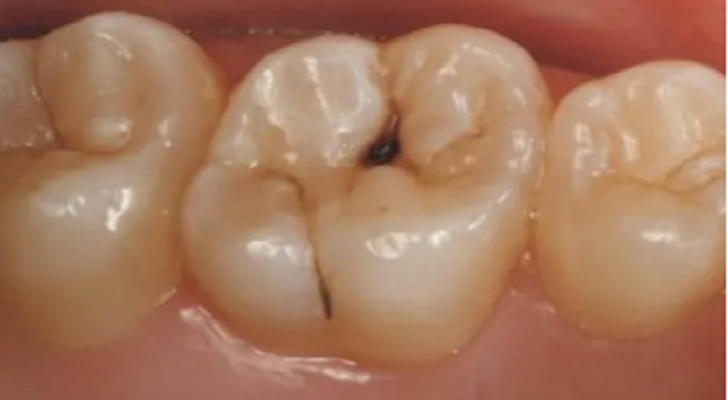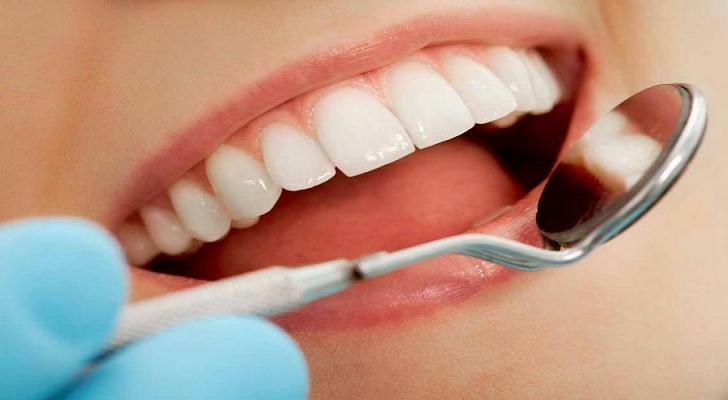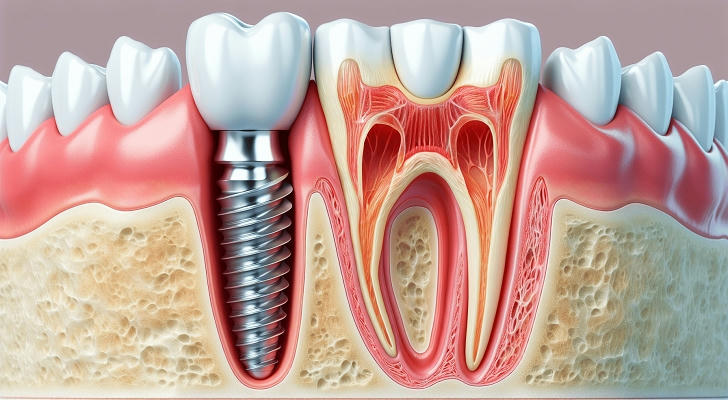Improvement and impact of dental implants on quality of life
Dental implantation, also known as artificial dental implantation or tooth implantation technology, is a modern oral medicine technique. The origin of dental implants can be traced back to the mid-20th century. At that time, with the advancement of medical technology and the rapid development of materials science, people began to try using artificial materials to replace natural teeth.
Dental implants are constantly improving every aspect of our lives. Not only can it restore the function and beauty of our teeth, but it can also increase our confidence in social interactions.

As is well known, dental implantation is not a surgery that everyone can do just because they want to. Before accepting dental implants, a comprehensive oral examination and evaluation are necessary to ensure good oral health and absence of serious oral diseases such as periodontal disease.
So, in our daily lives, which adaptive groups can accept dental implants?
Firstly, it is due to various reasons such as tooth decay, loose teeth, accidental injuries, and so on. The population that causes tooth loss is the main target population for dental implants.

Secondly, there are groups that cannot accept traditional repair methods.
Finally, for those who hope to improve chewing efficiency and quality of life, dental implants are also a good choice.
Although dental implant surgery is a simple dental procedure, it also has very rigorous surgical procedures and a complete postoperative care process.

The first step is to conduct a preliminary evaluation by the dentist, who will conduct a comprehensive assessment of the patient's oral health to ensure that they are eligible for dental implant surgery.
Then the doctor will develop a detailed dental implant surgery plan based on the patient's specific condition, and the dentist will do so.
When entering the healing period, patients need to follow the doctor's advice, undergo regular check ups, and take medication to prevent infection.
Finally, the dentist will install a abutment and connect it to the restoration.
The success of dental implant surgery depends on postoperative care and the recovery status of our patients.
- Patients need to follow the doctor's advice, including taking medication, regular check ups, etc.
Patients after dental implantation need to pay special attention to oral hygiene to avoid infection and other complications. Regular brushing and rinsing should be done, and tools such as dental floss should be used to clean the area around teeth and implants.
During the postoperative period, we should avoid using newly implanted teeth to bite hard objects or chew gum or other foods, in order to avoid affecting the stability and healing process of the implant.
Patients need to regularly visit the hospital for follow-up examinations to ensure the health and stability of their dental implants. If any problems or complications are found, doctors can promptly handle them.
Dental implant surgery not only restores the function and aesthetics of our teeth, but also enhances our confidence in social interactions. In daily life, it also has a significant impact on us ordinary people.

In daily life, the success of dental implant surgery can facilitate our diet and improve the chewing function of our teeth. Food comes first for the people, and eating is an important way for us to enjoy life. Eating happily will keep us healthy and happy. Good teeth allow us to enjoy food better.
People say that toothache is not a disease, it hurts really badly. The success of dental implant surgery will reduce our tooth pain and discomfort.
Dental implant surgery has become commonplace in our daily lives. Example:
Mr Wang, 50 years old. He lost his right rear tooth due to an accident, which caused a lot of inconvenience to his daily life. After much deliberation, Mr Wang decided to undergo dental implant surgery to improve his quality of life. Prior to dental implants, Mr Wang was unable to chew food properly due to tooth loss, resulting in his quality of life being greatly affected as he often chose soft and rotten food. In addition, the missing teeth affected his pronunciation and facial appearance, making him feel less confident when communicating with others. Mr Wang underwent a successful dental implant surgery after a detailed oral examination and pre-operative preparation. During the surgery, the surgeon implanted the artificial tooth root in Mr Wang's alveolar bone and installed the abutment and crown after healing. The whole procedure went smoothly and Mr Wong recovered quickly after the surgery.
Ms Li, aged 45, suffered from severe loosening and eventual loss of her two incisors due to long-term periodontal disease, which caused a lot of inconvenience in her daily life. After a long time of suffering from dental pain, Ms Li decided to try dental implants to improve her quality of life. Ms Li underwent a dental implant surgery at a dental hospital. During the surgery, the surgeon implanted two artificial tooth roots and installed the abutments and crowns a few months later. After the surgery, Ms Li's teeth gradually recovered and she was able to chew food normally.
In interpersonal communication, it is inevitable to speak and smile. A set of pure and flawless teeth will bring us confidence. Let's enhance our confidence, improve our smiles, and improve our communication and interaction skills.
In modern society, with the continuous advancement of technology and the improvement of medical standards, dental implants, as a modern dental restoration technique, are gradually being accepted and adopted by people. We also have many choices in our daily lives, and dental implants, with their unique advantages, not only solve the problems caused by missing teeth, but also play an important role in improving our quality of daily life.
